





OUR QUALITY
Working together with SENASA (Argentina Health & Quality Authority) and international independent surveyors we assure the quality levels and certifications required for our customers worldwide. Our products comply with the following standards, principles and methodologies:
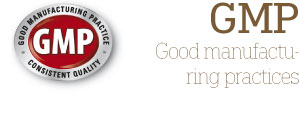
GMP is a part of the quality assurance system that guarantees that products are consistently produced and controlled to the quality standards appropriate to their intended use. They require that manufacturers, processors, and packagers take proactive steps to ensure that their products are safe and pure. GMP regulations require a quality approach to manufacturing, enabling companies to minimize or eliminate instances of contamination, mixups, and errors.
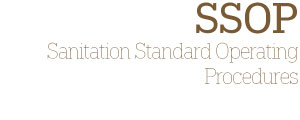
SSOP is the common name given to the sanitation procedures in food production plants which are required by the Food Safety and Inspection Service of the USDA. It is considered one of the prerequisite programs of HACCP. SSOP are documented steps that must be followed to ensure adequate cleaning of product contact and non-product surfaces. These cleaning procedures are detailed enough to make certain that adulteration of product will not occur. All HACCP plans require SSOP to be documented and reviewed periodically to incorporate changes of manufacturing processes.
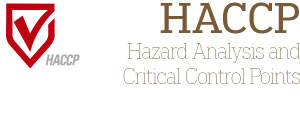
HACCP is a systematic preventive approach to food safety that addresses physical, chemical, and biological hazards as a means of prevention rather than finished product inspection. HACCP is used in the food industry to identify potential food safety hazards, so that key actions, known as Critical Control Points (CCPs) can be taken to reduce or eliminate the risk of the hazards being realized. The system is used at all stages of food production and preparation processes including packaging, distribution, etc.
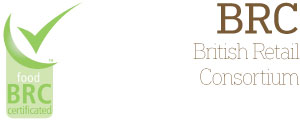
The BRC Global Standards are a suite of four industry-leading Technical Standards that specify requirements to be met by an organization to enable the production, packaging, storage and distribution of safe food and consumer products. They reassure retailers and branded manufacturers of the capability and competence of the supplier, and reduces the need for retailers and manufacturers to carry out their own audits, thereby reducing the administrative burden on both the supplier and the customer.
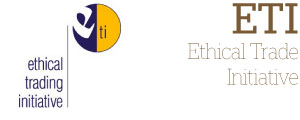
The Ethical Trading Initiative is an alliance of companies, trade unions and voluntary organizations that work in partnership to improve the working lives of people that make or grow consumer goods.
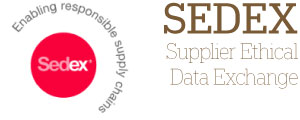
Sedex is a web-based filing cabinet which allows companies to store and view data on ethical and responsible business practices. It is a tool for facilitating access to information. Sedex stores information on ethical and responsible practices covered by ILO Conventions, ETI Base Code, SA8000, ISO14001 and industry specific codes of conduct. Sedex members can use the information on the system to evaluate suppliers against any of these codes or the labor standards provisions in individual corporate codes.

